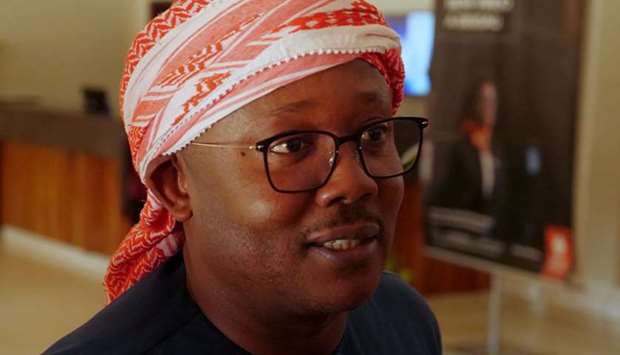Former army general and ex-Prime Minister Umaro Cissoko Embalo said on Monday he was on course to win Guinea Bissau's presidential election and his opponent urged the nation to await official results.
An Embalo victory over Domingos Simoes Pereira, another former prime minister and the candidate of the ruling PAIGC party, would be a turnaround from November's first round, in which Pereira comfortably won the most votes.The two competed in Sunday's run-off to replace incumbent President Jose Mario Vaz, who was eliminated in the first round.
Vaz's five-year term was marred by regular political sackings, an ill-functioning parliament and high-level corruption, and voters said they hoped the next president would restore calm to the West African nation.
Official results are not expected until Wednesday and the electoral commission has not commented on the vote count.
Embalo campaign spokesman Djibril Balde said the victory claim was based on campaign tallies of preliminary results its observers had compiled in each region.
Surrounded by a group of cheering supporters outside his campaign headquarters, Embalo told Reuters that Pereira had earlier called to congratulate him on his win.
In a tweet, Pereira said: "A lot of fake news is circulating, but only official numbers can be respected."
He did not say specify what he considered fake news and campaign officials were not available for comment.
Embalo, 47, came second in last month's first round vote with 28% versus 40% for Pereira. Ahead of Sunday's run-off, Embalo won the backing of incumbent President Jose Mario Vaz, who received 12%.
As a candidate, Embalo vowed to modernise the country of 1.6 million people, which has suffered nine coups or attempted coups since independence from Portugal in 1974.
Embalo and Pereira both served as prime ministers under Vaz, who had a total of seven premiers amid a protracted feud with the PAIGC.
The political instability hurt Guinea-Bissau's economy, which depends heavily on volatile prices for cashew nuts, the main income source for over two-thirds of households.

